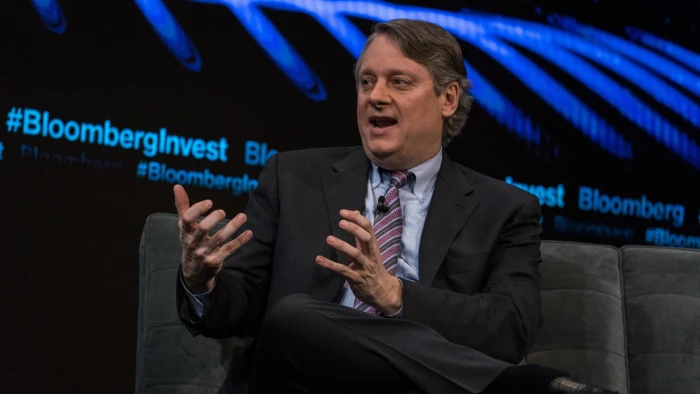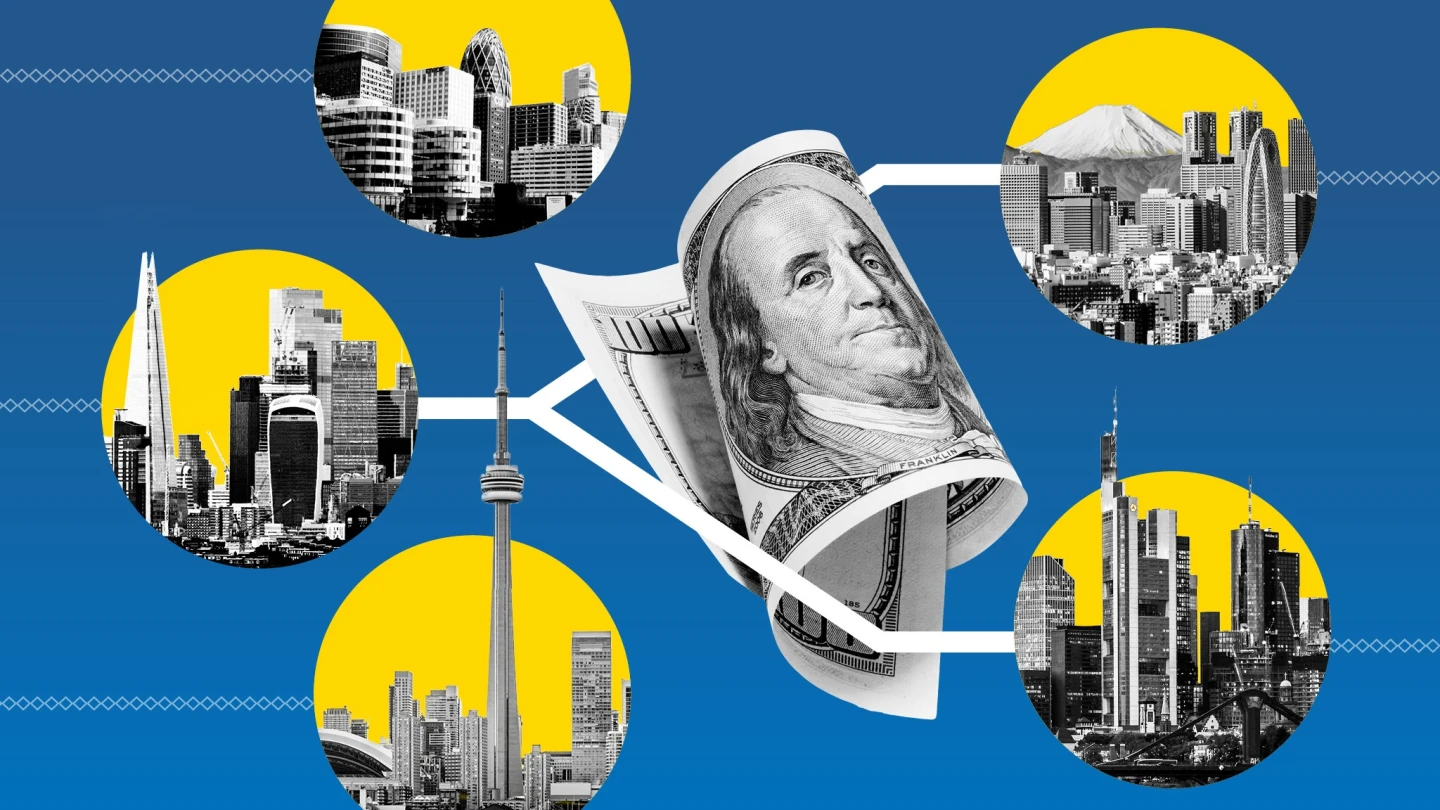According to CIO Ivascyn, he has been betting more on UK government bonds than usual.

One of the biggest active bond fund managers in the world has warned that there is a strong chance of a significant economic downturn in the UK next year.
Pimco’s chief investment officer, Daniel Ivascyn, told the Financial Times that he has been betting more on UK government bonds than US ones because he believes the UK would experience more economic hardship.
“There is just a greater chance of a more substantial economic downturn in the case of the UK, which has a smaller, more open economy and consumers who are suffering far more from central bank policy than their US counterparts.
“We do believe there may be more risks associated with a hard landing.”
Data released this week showed that the UK economy unexpectedly contracted in October, falling by 0.3% following a 0.2% growth in the previous month. The Bank of England revised down its prediction for economic growth in the fourth quarter to flat on Thursday from 0.1 earlier, citing lower household spending as one of the reasons.
Since late October, UK government bond rates—which move inversely to prices—have already dropped significantly, with benchmark 10-year yields falling by a full percentage point to roughly 3.7%.
Investors’ bets on a quicker rate of interest rate reductions in 2019 have fueled the move, which has been spearheaded by the US bond market, which has significant global sway.
Generally speaking, a poorer prognosis for the UK economy would be expected to drive those yields even down, providing bondholders with substantial rewards.
Ivascyn also pointed out that a deeper economic slowdown in the eurozone in the coming year is a possibility. In comparison to US bonds, his sizable investments in UK and European bonds had “worked out very, very well,” he remarked.
“Those economies’ vulnerability to further unanticipated growth shocks or the risk of harder landing scenarios [in the eurozone and the UK] are much more significant,” the speaker stated. Surprisingly strong thus far in 2023, the US economy faces “a more significant deterioration” in the UK and Europe.
On Thursday, the European Central Bank decreased its projections for the growth of the euro area in 2023 and 2024, estimating 0.6% growth in the gross domestic product this year.
Because of the long-term nature of US mortgages, higher interest rates tend to have a more immediate dampening effect on European economies than on US ones.
Only hours after the US Federal Reserve said it may lower interest rates three times in 2019, the BoE and the ECB retracted their views on Thursday regarding interest rate reductions early in 2024. In contrast to ECB President Christine Lagarde, who stated that there was “work to be done,” BoE Governor Andrew Bailey stated that there was “still some way to go” before inflation returned to the target level.
The US economy has continued to develop, in sharp contrast to the pessimistic forecasts for the UK and the eurozone.
When the Philadelphia Fed questioned forecasters this time last year, they were placing bets on a roughly 50% risk of a real US GDP decrease in the first quarter of 2023. Economists and analysts had predicted a recession earlier this year. Instead, GDP growth reached 5.2% in the third quarter because to the tenacious US consumer, who was still supported by the historic government stimulus during the early stages of the Covid-19 outbreak.
The broad consensus now among
Investors now generally agree that the Fed will be able to achieve a “soft landing,” meaning that inflation will drop to the target level without negatively impacting the economy. Riskier assets, including equities, have increased as US investors have gambled that the Fed will drop rates early in 2024. equities perform well when the economy is booming and interest rates are lower.
Ivascyn stated that while he did not anticipate a US recession in 2019, he did believe there is a bigger chance of an economic slowdown than most traders are accounting for. He claimed that there is an intriguing investment opportunity due to the differences between the US and other major markets.
He continued, “Because yields were negative in the UK, Europe, and Japan, global bond investing was dead for a long time.” Global bond investing has returned, though. We’ve been enthusiastic about value and relative value in the UK, Europe, and Japan for the first time in a long time.










